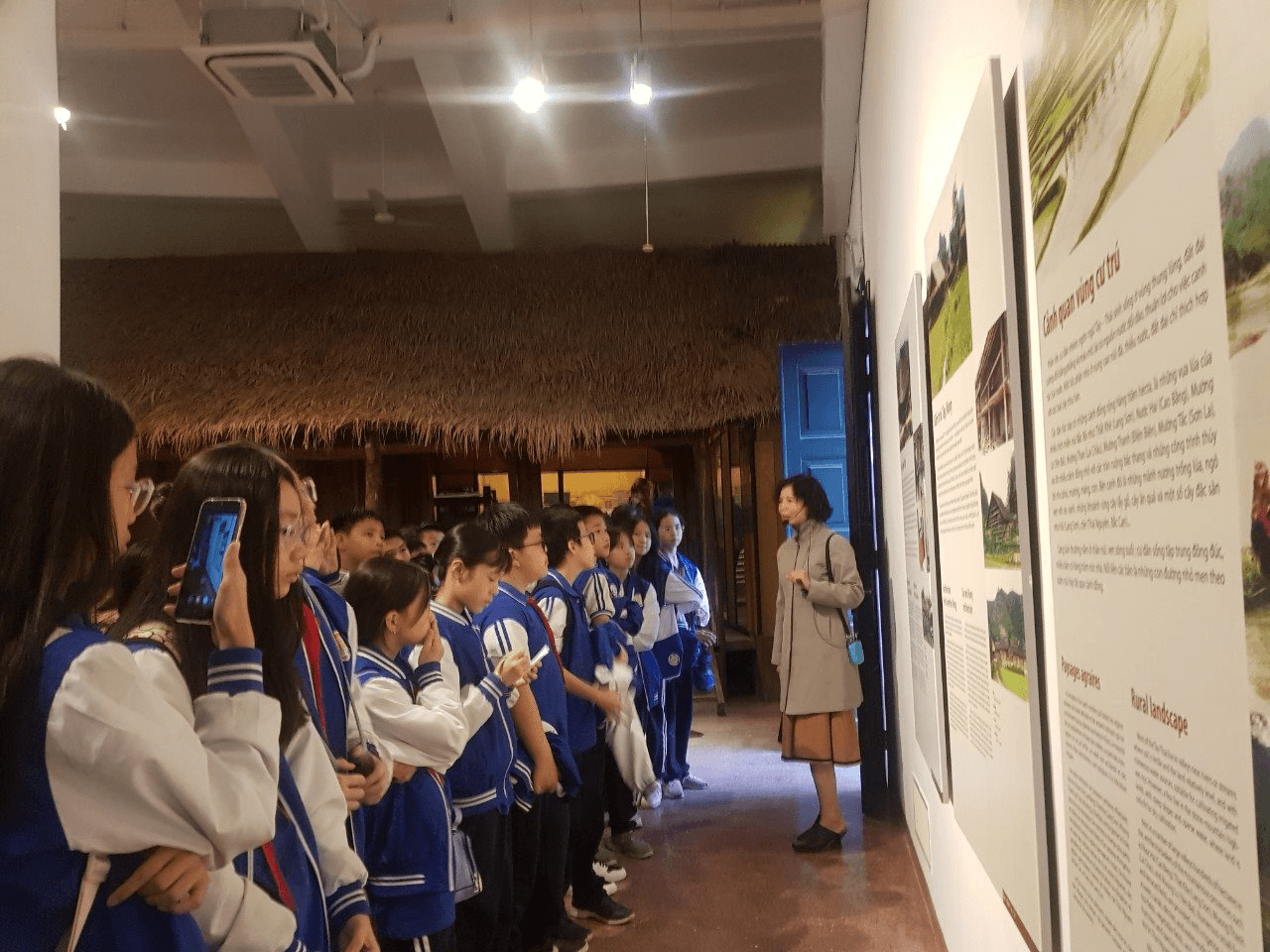
Learning without books
Earlier this week, students of Phan Chu Trinh Secondary School (Ba Dinh District, Hanoi) experienced using the postal service, sending letters with stamps - something that is almost unfamiliar to today's generation of students when digital technology is developing, handwritten letters sent by post are almost rare. Not only did they directly carry out the process of sending a letter to the UPU letter writing contest according to the regulations of the Organizing Committee, the students also had the opportunity to observe the process of receiving and exploiting letters by postal staff, learning about postage stamps with diverse themes, related to the age of students. Another interesting point is that students can use the service of printing personal stamps according to their needs.
Sharing about the meaning of this activity, teacher Nguyen Thanh Ha - Principal of Phan Chu Trinh Secondary School said that students not only understand the meaning of the UPU letter writing contest but also have understanding, respect and gratitude for the postal workers who are doing quiet, simple work every day.
Nguyen Ngoc Lam Nhi (5A5 grade student, Tu Hiep Primary School, Thanh Tri District, Hanoi) said that she has participated in many experiential activities and field trips organized by the school. “My friends and I are all looking forward to the trips to museums and Uncle Ho's Mausoleum... The vivid history lessons are not only in books and stories told by adults, but we can also see them directly, get close, and take pictures to keep for a long time, which will be more deeply engraved in our memory than dry theoretical pages,” Nhi said.
In fact, most students are enthusiastic about experiential activities and learning that are not confined to the classroom space. However, not all experiential activities need to be organized outside of school and charged a fee, because that will increase pressure on parents and is not in line with the goals of the 2018 General Education Program when considering this a "compulsory educational activity", regular, continuous, interconnected, integrated... Through life skills education activities, exchange sessions, learning about diverse topics... will not only help students memorize in reality but more importantly, develop observation, perception and thinking skills; behaviors, feelings, emotional expressions...
Augmented Reality Experience
One of the new features in the new General Education Program 2018 is the appearance of experiential activities as a subject throughout grades 1 to 12 with the name "Experiential Activities" at the Primary and Secondary levels and "Experiential - Career Guidance" at the High School level. Because each locality and school has its own circumstances and characteristics, the implementation of this activity will be assigned to each school, but still needs to ensure that the required requirements are met.
Associate Professor, Dr. Dinh Thi Kim Thoa - Editor-in-Chief of the Experiential Education Program and Experiential - Career Guidance, General Education Program 2018 said that Experiential and Experiential - Career Guidance activities are not evaluated by scores. Instead, teachers base on the requirements of the program to conduct assessments in different forms. Students can be tested by planning, presenting their knowledge about their locality, etc. In general, it is necessary to diversify different forms of assessment to suit the development level of students after each stage.
As for experiential education activities in the form of taking students on field trips, Ms. Thoa believes that this helps students have more memories, creates a space for them to express themselves, and has new emotions. “In order for this activity to truly focus on educational purposes instead of just being a paid trip, in my opinion, it requires a lot of investment in effort, preparation of content, programs before, during and after the activity as well as control of the entire program. If we just take the students to a location and let them do the activities freely, it is still an experiential activity but it is not effective, it does not achieve the set goals of this activity” - Ms. Thoa said.
Sharing this view, Dr. Dang Huynh Mai - former Deputy Minister of Education and Training supports the fact that schools should not only implement life skills education through core subjects but also combine many other contents, such as harmonious coordination between schools and society through diverse and rich experiential activities. In particular, Ms. Mai proposed that schools should implement teaching subjects such as Ethics and Civic Education in the direction of increasing creative experiential activities, thereby educating ethics, cultural lifestyle, and life skills for students more closely to reality.
Source


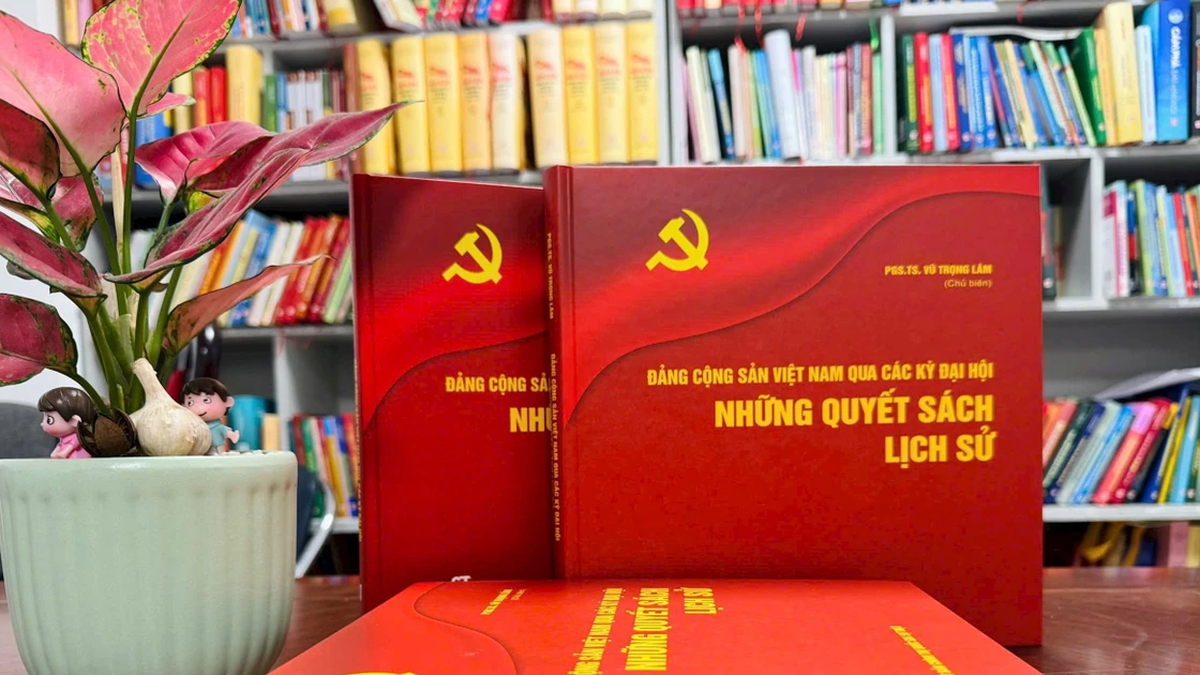
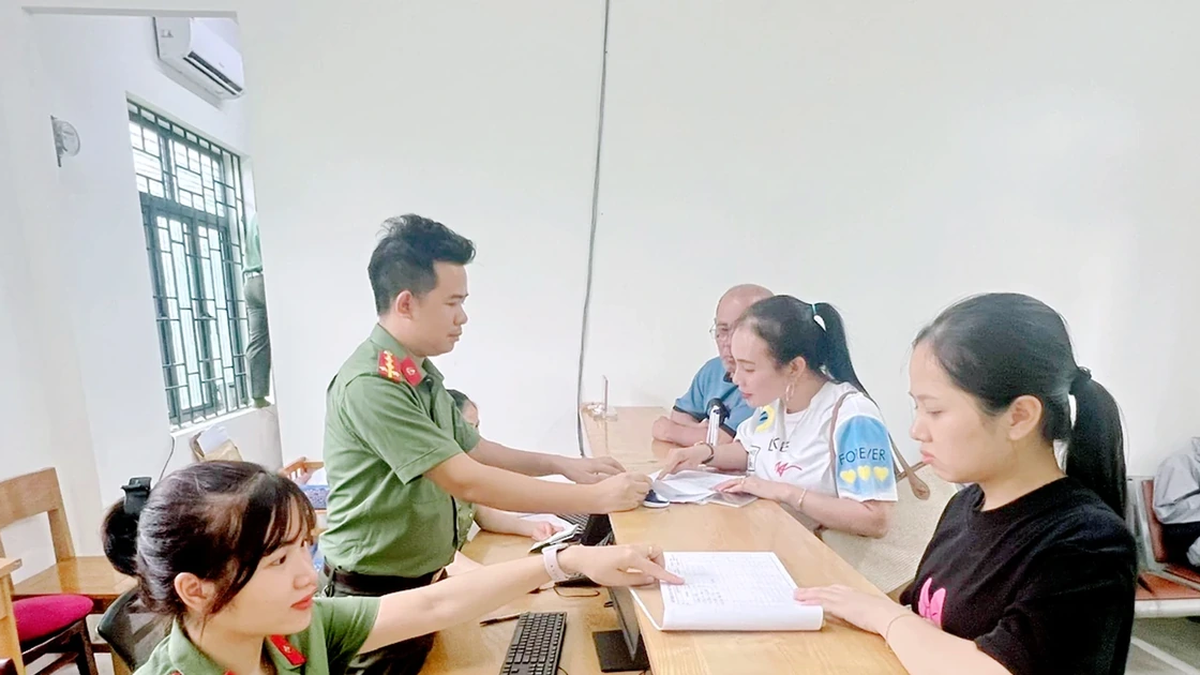
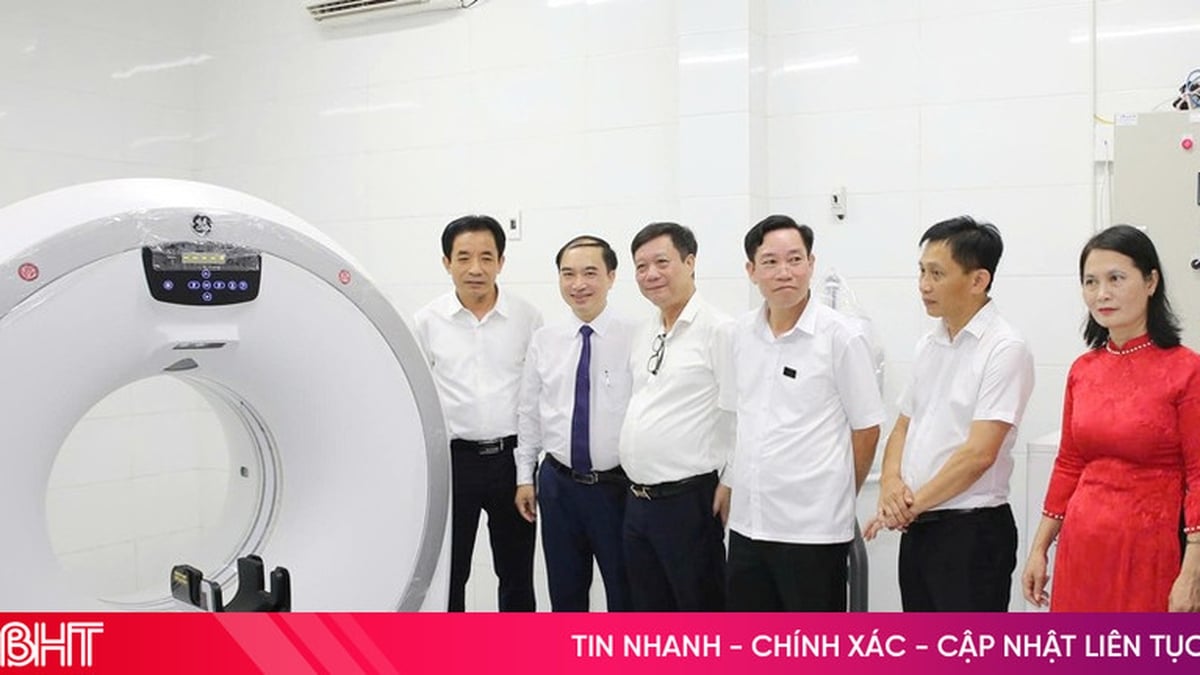

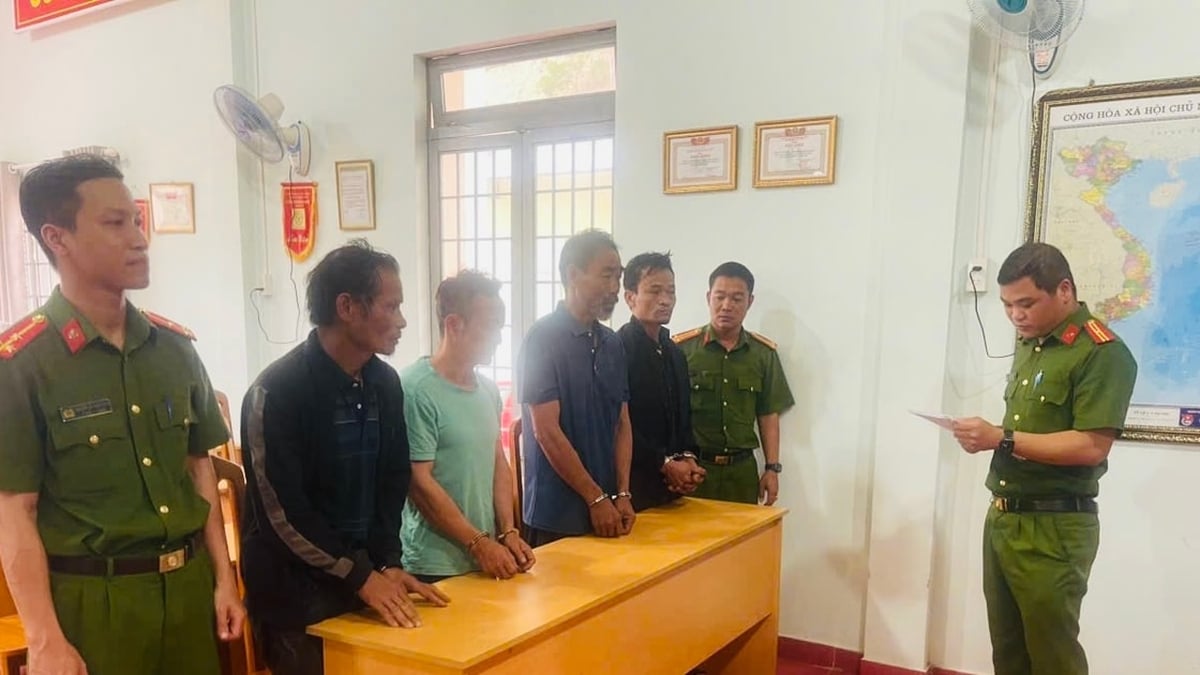
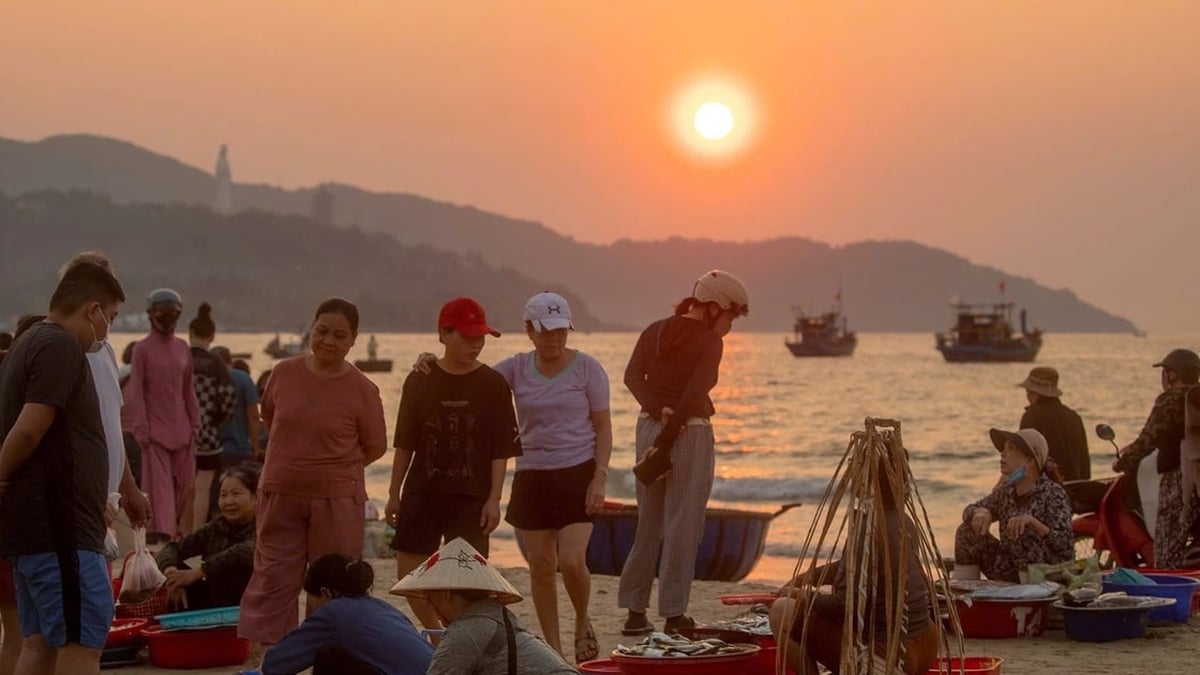
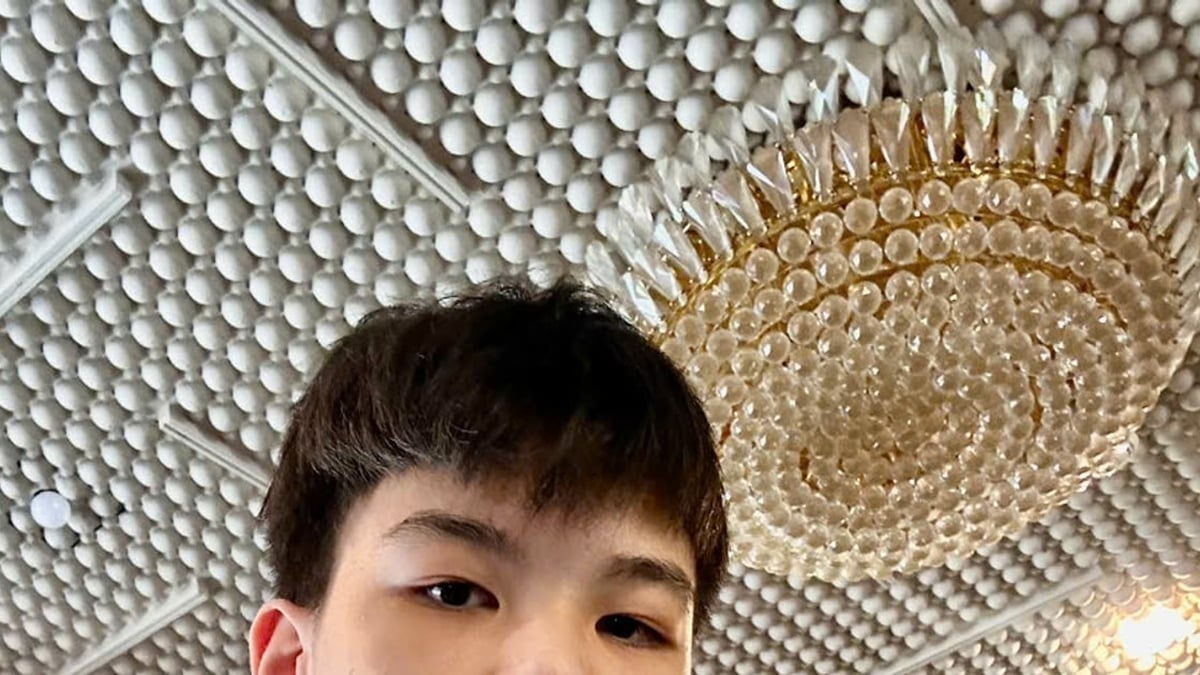
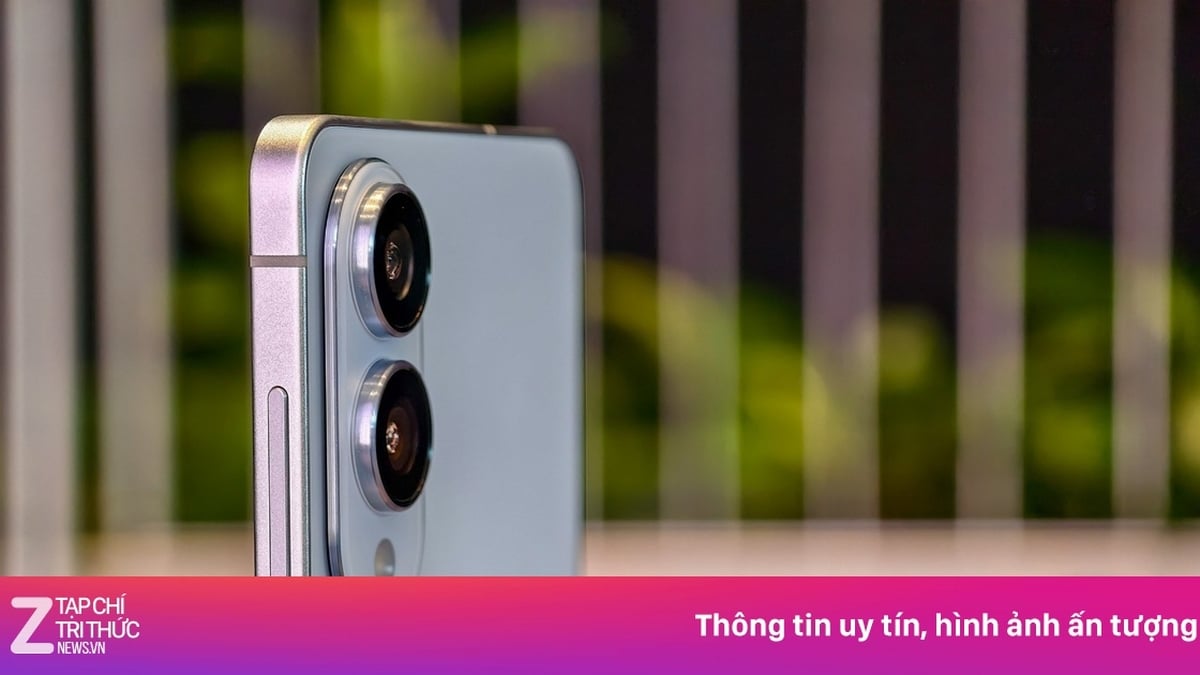
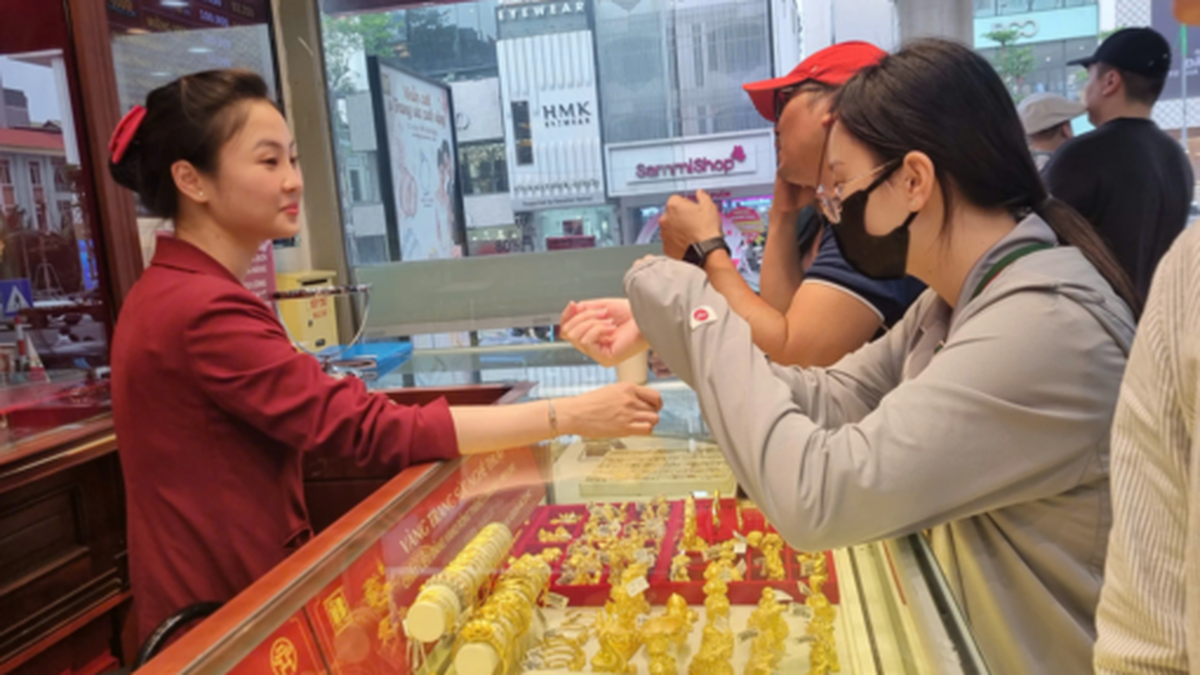
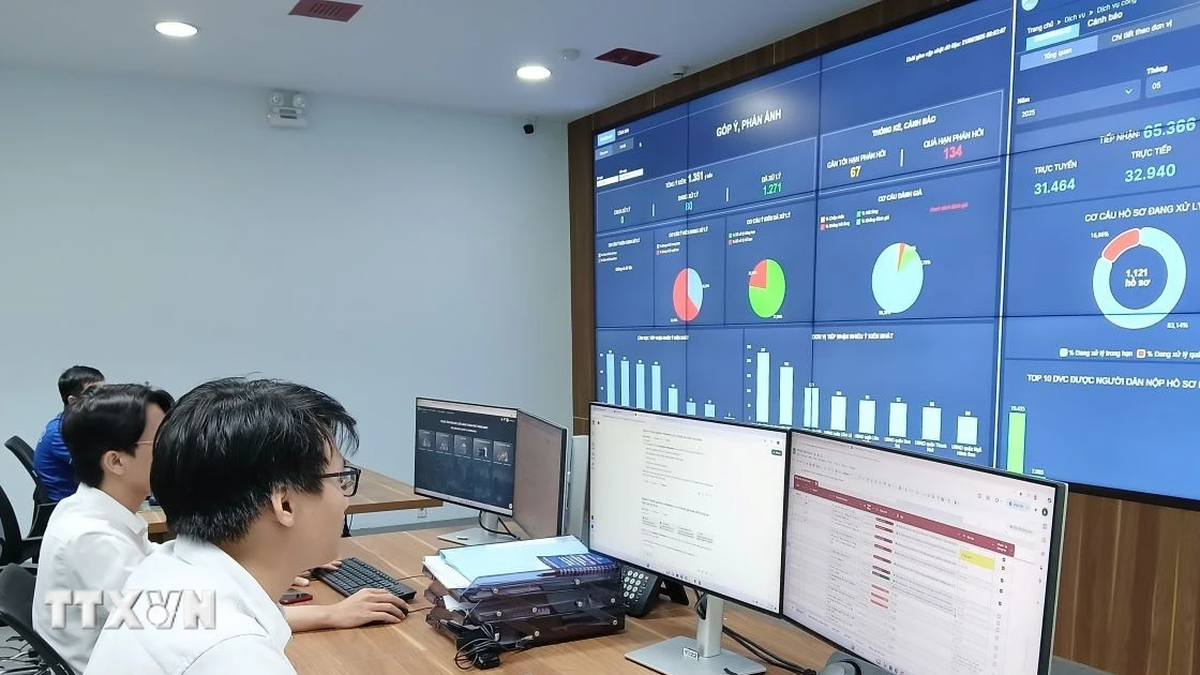




















































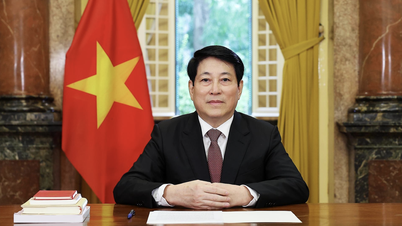



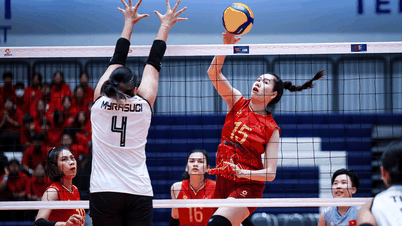
































Comment (0)